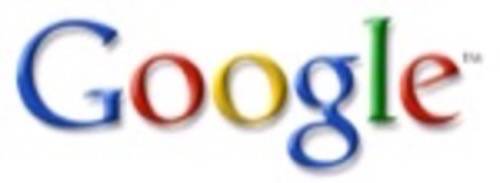Anybody with a serious interest in the practice of search engine optimization knows by now that there are proper (white hat) and improper (black hat) ways to optimize a Website for search engines like Google.

Yet the line the between the two can sometimes be blurry (grey hat), so sometimes, otherwise well-intentioned businesses and Web publishers can find themselves breaking Google’s guidelines, a transgression for which there can be serious penalties.
An article published in the New York Times on Saturday demonstrated just how severe those penalties can be, and that even big companies and well-established brands can run afoul of the search giant’s rules.
The article outlines how American mega-retailer J.C. Penney was caught gaming search engines by paying to have a large number of links to their Website published across thousands of other sites, often with little or no relevance to things like “cocktail dresses,” “area rugs” or any of the other anchor text phrases used to build up the PageRank of JCPenny.com for high-value search terms.
We’ve all seen this practice in action. You’ll be the scanning the reader comments on a blog post or news article when you notice one comment contains irrelevant links to things like “louis vuitton bags” or “motorcycle parts.” In a slightly more transparent tactic, SEO spammers will leave what actually sounds like a genuine, thoughtful comment on an article, but do so under a username like “Sansomite luggage” or “Web development tips.”
To be fair, J.C. Penney has denied paying for the links, but regardless of who is at fault, the company is now experiencing just how serious Google is about those SEO guidelines. After learning of the link-building scheme, Google’s Webspam team began manually penalizing JCPenney.com.
According to the New York Times article:
At 7 p.m. Eastern time on Wednesday, J. C. Penney was still the No. 1 result for “Samsonite carry on luggage.”
Two hours later, it was at No. 71.
At 7 p.m. on Wednesday, Penney was No. 1 in searches for “living room furniture.”
By 9 p.m., it had sunk to No. 68.
In other words, one moment Penney was the most visible online destination for living room furniture in the country.
The next it was essentially buried.
Depending on the extent of the corrective action Google is taking against J.C. Penney, this could have a major impact on their online sales. By virtue of its size, the retailer may well recover in time, especially if they can quickly shift their focus to more acceptable SEO methods.
But the lesson for smaller businesses is hard to miss: If you hire the wrong SEO consultant or otherwise engage in optimization tactics that Google frowns upon, your rankings could go in the toilet, potentially doing permanent damage to your online business.
So how can you do SEO right? Be sure to follow Google’s quality guidelines when putting together an SEO campaign. They’ve also published a guide to what to look out for in an SEO consultant. So-called SEO experts who promise #1 rankings, solicit via email, or are not transparent about their tactics should all raise red flags.
Google also offers a free 32-page PDF called the Search Engine Optimization Starter Guide, which is a great overview of the basics of SEO and might even contain some hints as to what you can do to optimize your site yourself.





















